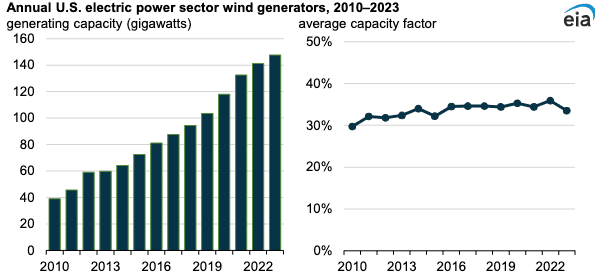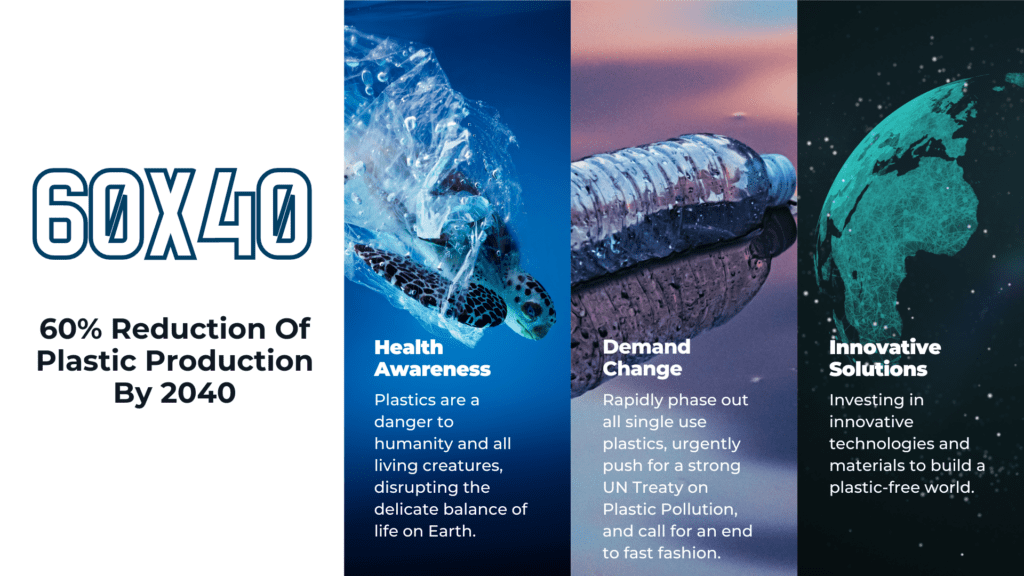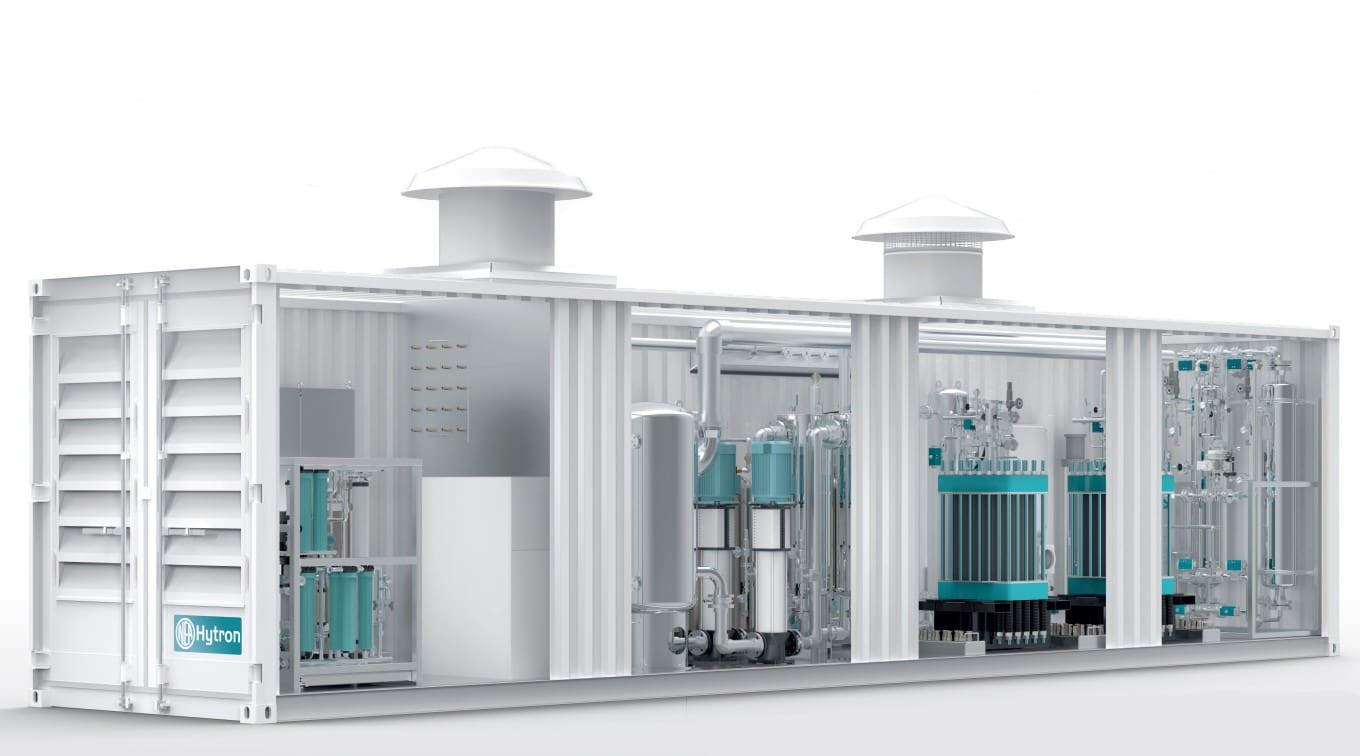
Wärtsilä has completed and handed over a 100 MW combined heat and power (CHP) plant to German utility Kraftwerke Mainz-Wiesbaden (KMW). The plant operates with 10 gas fueled Wärtsilä 34SG engines. The operational flexibility of the plant enables KMW to start and stop the engines without limitations in as fast as 2.5 minutes, Wärtsilä said, providing grid balancing support as the power system incorporates ever increasing renewable sources. It also allows KMW to operate in the short-term balancing markets, since power output can be quickly adjusted to respond to fluctuations in the power demand, as signaled by the electricity price.
The CHP plant feeds the excess heat generated during power generation into the Mainz district heating network. From this, Mainz customers are supplied with heat to supply around 40,000 single-family homes.
“This commencement of commercial operations for the Wärtsilä CHP plant provides us with a modern, agile, low-carbon system capable of utilizing green energy assets to the full,” said Jörg Höhler, CTO and member-management board at KMW. “Fast acting power generation is essential in today’s energy markets, and this plant meets all our requirements in this respect.”
Wärtsilä supplied and built the plant on a full engineering, procurement, and construction (EPC) contract. The scope also includes a 15-year maintenance agreement that guarantees the plant’s availability and reliability. The services provided include on-site support and remote online monitoring conducted via Wärtsilä’s asset diagnostics and expert analyses.
“With this plant, we are proud to be supporting Germany’s ambitious transition to a green energy future with extensive use of renewables,” said Pekka Tolonen, energy business director, Europe at Wärtsilä. “Flexible engines are an ideal partner for renewables, and they help future-proof our customer’s investment allowing them to participate in the volatile electricity markets.”
As part of its climate action plan, the German government has committed to increasing the share of electricity produced by CHP plants to 25% of the total electricity production by 2025. Germany, like the European Union, aims to become greenhouse gas neutral by 2050. It has set the preliminary target of cutting emissions by at least 55% by 2030 compared to 1990 levels.

















